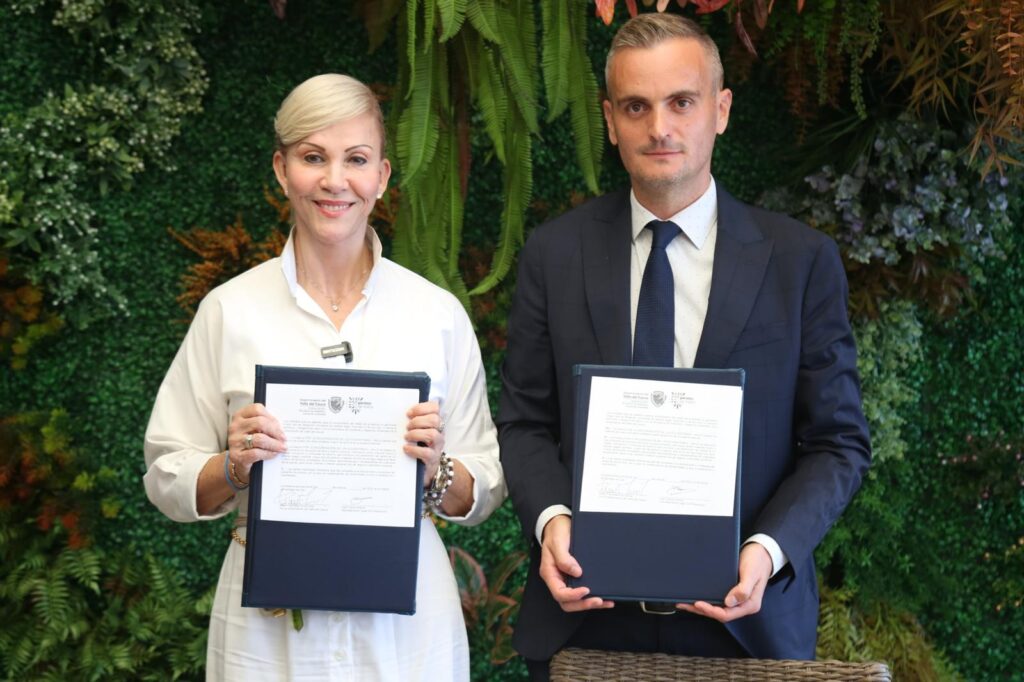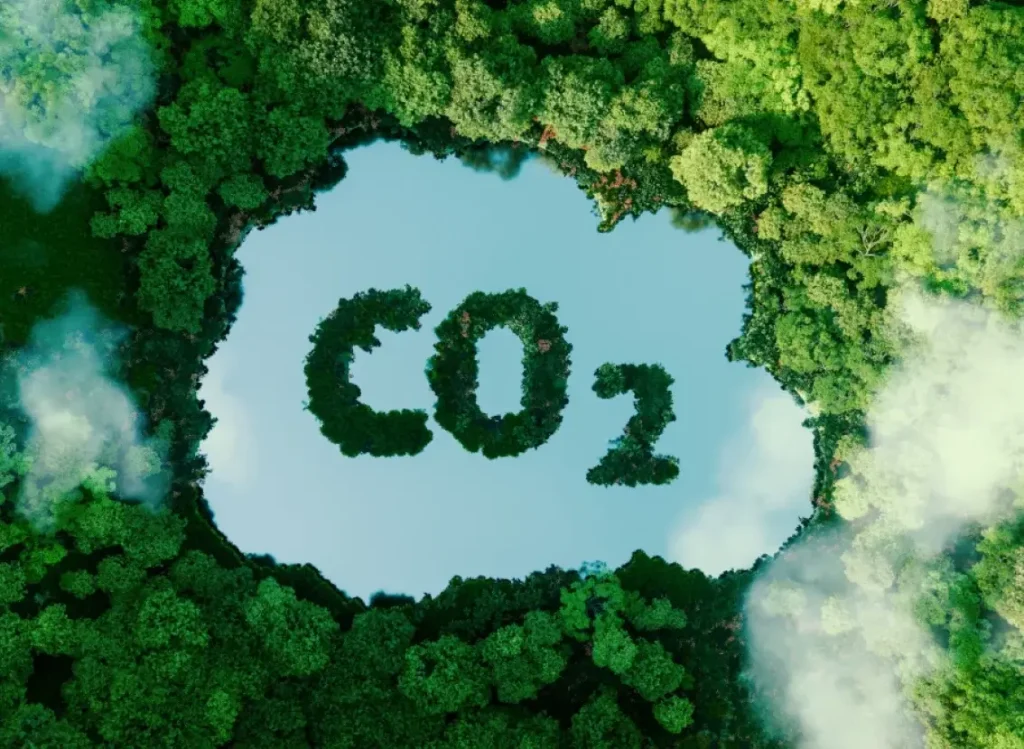Global warming, biodiversity loss, and air and water pollution remind us of the urgent need to mitigate the environmental impact of our activities. In this context, climate neutrality has gained prominence in recent years, becoming a fundamental goal for businesses and governments worldwide.
Despite more than 35% of large European companies aiming for zero emissions by 2050, nearly 90% are unlikely to meet this target.
Starting Point for Achieving Climate Neutrality
To achieve zero emissions, companies must calculate their carbon footprint, implement practices to reduce it, and offset the emissions they cannot eliminate. These measures not only help organizations identify areas for improvement but also allow them to take responsibility in mitigating climate change.
Finding an effective way to offset emissions that cannot be completely eliminated is challenging. Therefore, it is important to support reforestation projects, CO2 absorption initiatives, and other measures that help balance the scales.
Measures to Achieve Climate Neutrality
Despite significant progress in this area, many companies have yet to implement actions to integrate sustainable development within their organizations.
Currently, calculating the carbon footprint is not mandatory for all companies. However, in May 2021, the Climate Change and Energy Transition Law (Law 7/2021) was enacted, requiring the following companies to calculate their carbon footprint by 2023:
- Companies with more than 50 employees.
- Companies with a turnover exceeding €10,000,000.
- Companies operating partially or entirely in the Balearic Islands.
After calculating the carbon footprint and once the level of emissions produced is known, a plan for their reduction must be designed. Following this strategy, the next step will be to offset the greenhouse gases emitted by the company.
Climate neutrality is therefore a critical goal in the fight against climate change. And companies play a key role in achieving it (UN SDG13: “Taking urgent action to combat climate change”).
The return to routine is an opportunity to reflect on our actions. Concrete steps must be taken to achieve a more sustainable and carbon neutral future. Get on board with regulations and count on us to meet your goals!


